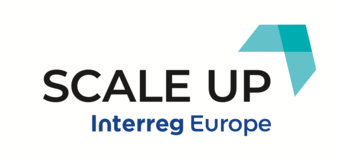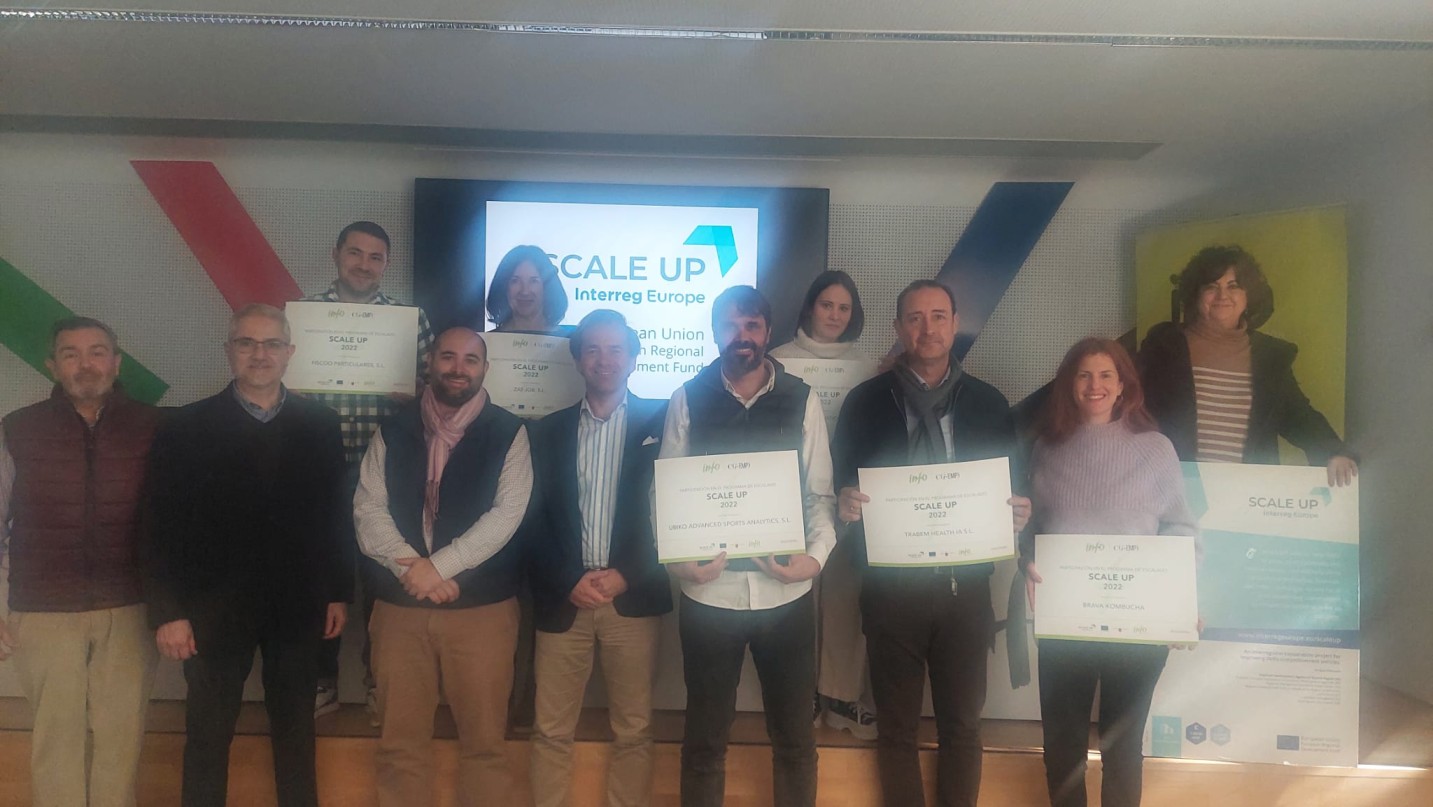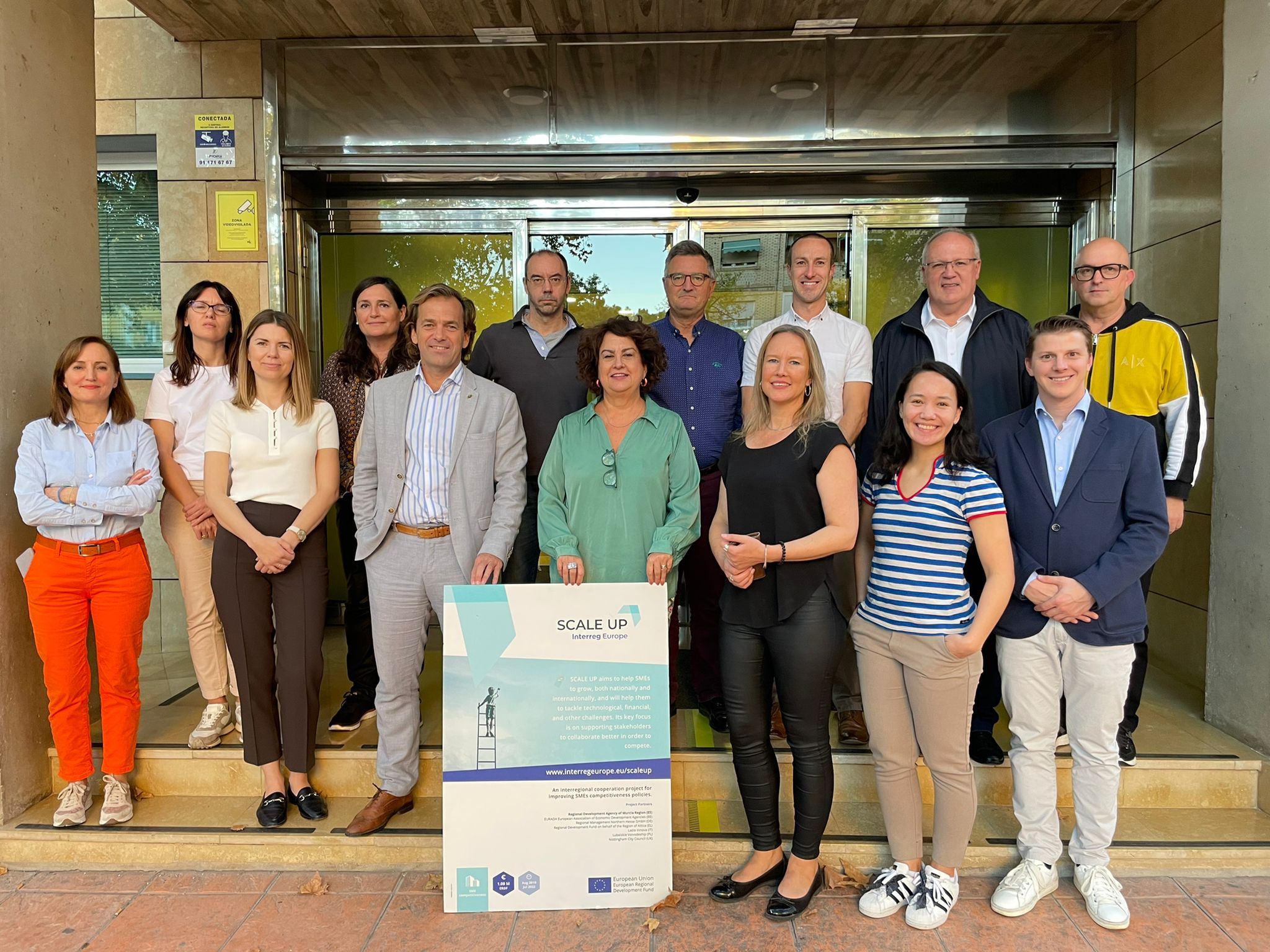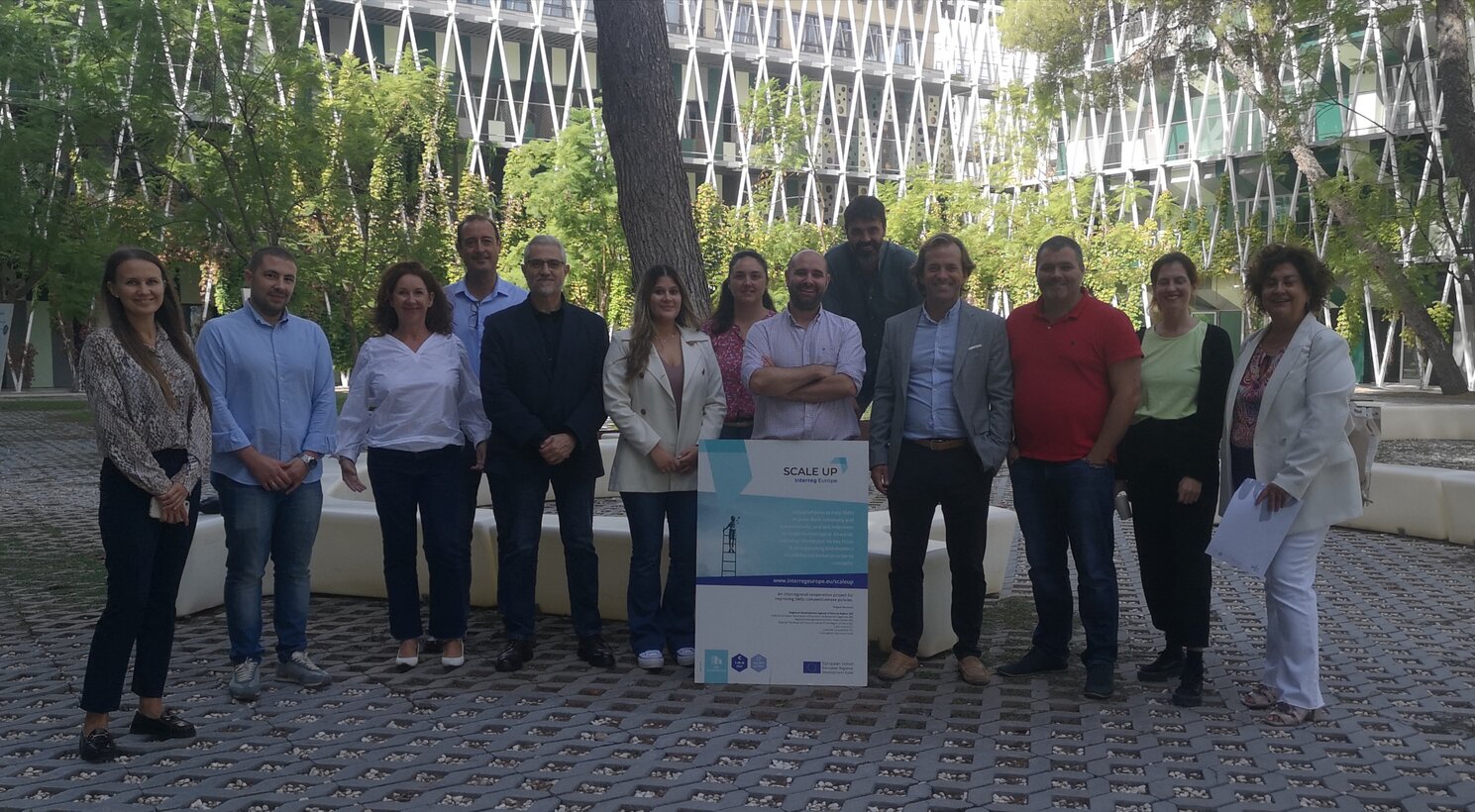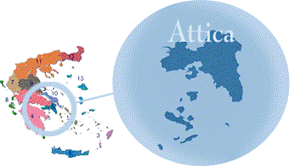Scale Up partners attend study visit to Nottingham to discover three of the best practices in supporting scale up growth.
On the 5th of November, Nottingham stakeholders hosted a virtual study visit for the Scale Up consortium to showcase the local best practices available to support high-growth companies. The event was attended by over 50 people and hosted by Chris Pook, D2N2 Growth Hub Manager who provided an introduction to Nottingham and explained why many large businesses have chosen to locate in the area. Nottingham Trent University colleagues then walked the audience through the best practices.
The first best practice presented was the Big House Accelerator, which supports high growth companies within the creative & digital sector. Participants heard about the details of this six-month programme that supports businesses which are innovating with new or existing technology to solve market problems at any stage in their lifecycle but with the aim of achieving rapid growth. The audience were interested to hear how businesses were recruited to the programme and presenters explained that SMEs had to go through a pitching process before being divided into two cohorts. One cohort was composed of established entrepreneurs who already had a business/product and wanted to rapidly grow into new areas. The other cohort was composed of early-stage businesses working toward developing their value propositions and getting traction in the market. These cohorts were mentored by experienced accelerator facilitators as they underwent several workshops, roundtables, networking and peer sharing. Participants have now been recruited for the second round of this Accelerator.
The next best practice presented by Nottingham Trent University was the Employability Programme. The focus of this programme is developing opportunities for students to provide workforce talent in scaling businesses. The cost of recruiting graduate talent within local businesses for a period of time is subsidised by the offer of grants via different projects, all of which can be linked to the university’s Employability Programme. This results in a comprehensive offer to help tackle SME challenges including creating web resources, talent diagnostics & matching services, learning & development programmes, sector-based market intelligence, and innovation placements. The audience heard from Dominic Ridley who had secured a placement at Affari Media - a fast growing creative marketing agency in Nottingham – where he is now a permanent employee.
The third best practice was the UpScaler project, a Growth Hub branded service delivered in partnership between Nottingham Trent University and the East Midlands Chamber of Commerce, which supports high-growth companies to ‘scale-up’ their businesses. The audience heard about how support is delivered via a mixture of workshops, a peer-to-peer network and grants for coaching and graduate placements to try and tackle the under-representation of scale-ups in the local region. The project supports businesses to tackle some key challenges including access to UK/international markets, access to talent, access to finance and leadership & management development through a comprehensive diagnostic process and strategic leaders’ workshops.
Partners asked how the support had been impacted by the Covid-19 pandemic and it was made clear that this had led to an additional diagnostic theme in the UpScaler project which includes resilience, recovery, and rebuilding better. This is helping to provide focus for beneficiaries.
Many of the businesses engaged in these best practices had been supported by more than one of the best practices so three local companies (Forsyth Barnes, TTK Confectionary and Oasis Studio) gave details of how they had benefitted from this ‘ecosystem’ of support to help them grow in Nottingham, all commenting on how valuable they had found the experience of engaging in the support on offer.
One of the questions asked by the audience at the end was how this support would be funded now that Britain has left the European Union. The UK has ERDF funding available until June 2023 but many of the projects will end before then. The UK Government are currently consulting with local business support providers and are working on details of a new funding programme to replace ERDF within the UK after 2023.
The study visit received lots of positive feedback and the UK partners and stakeholders very much look forward to continuing with their involvement in the Scale Up project.

